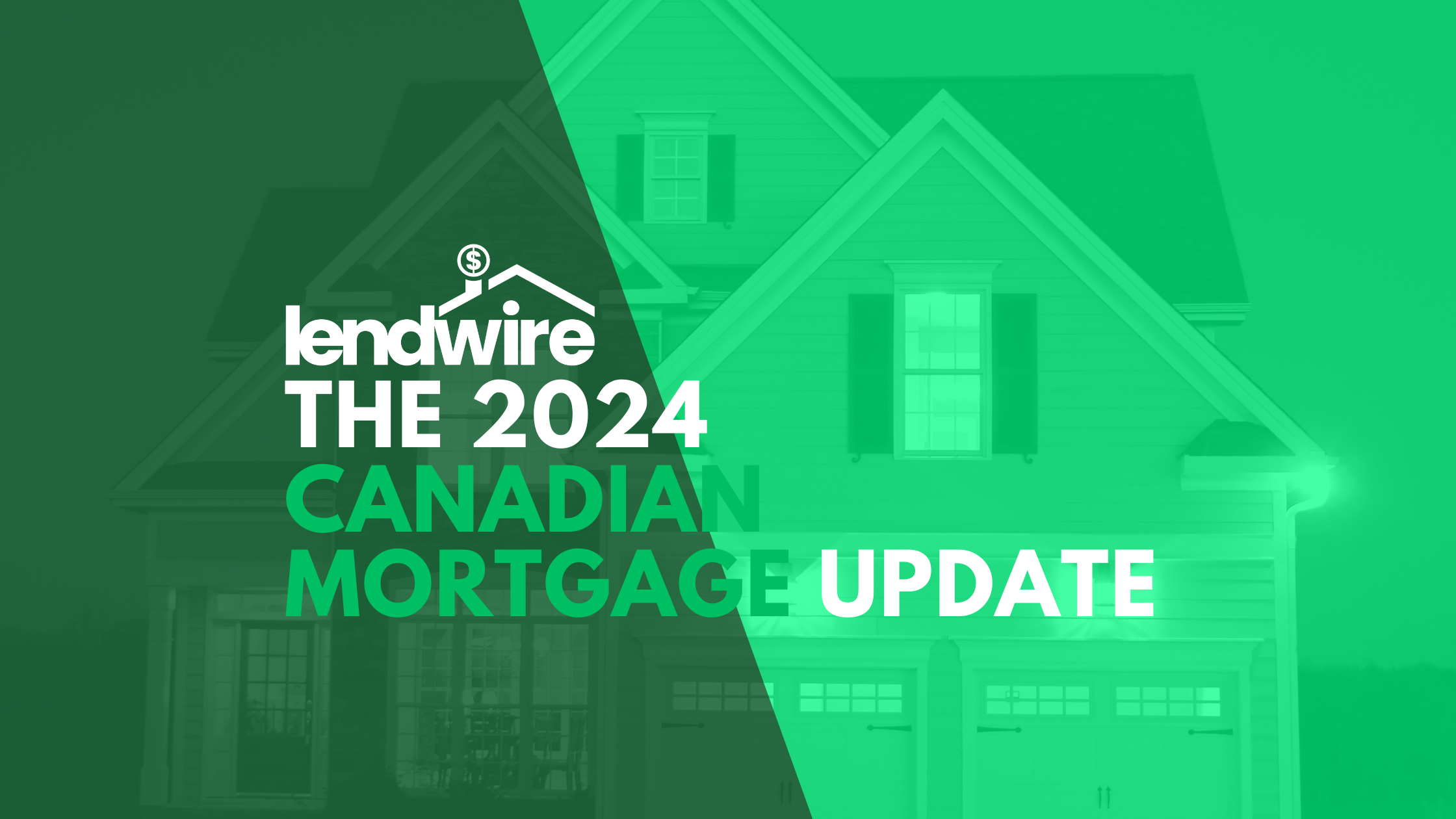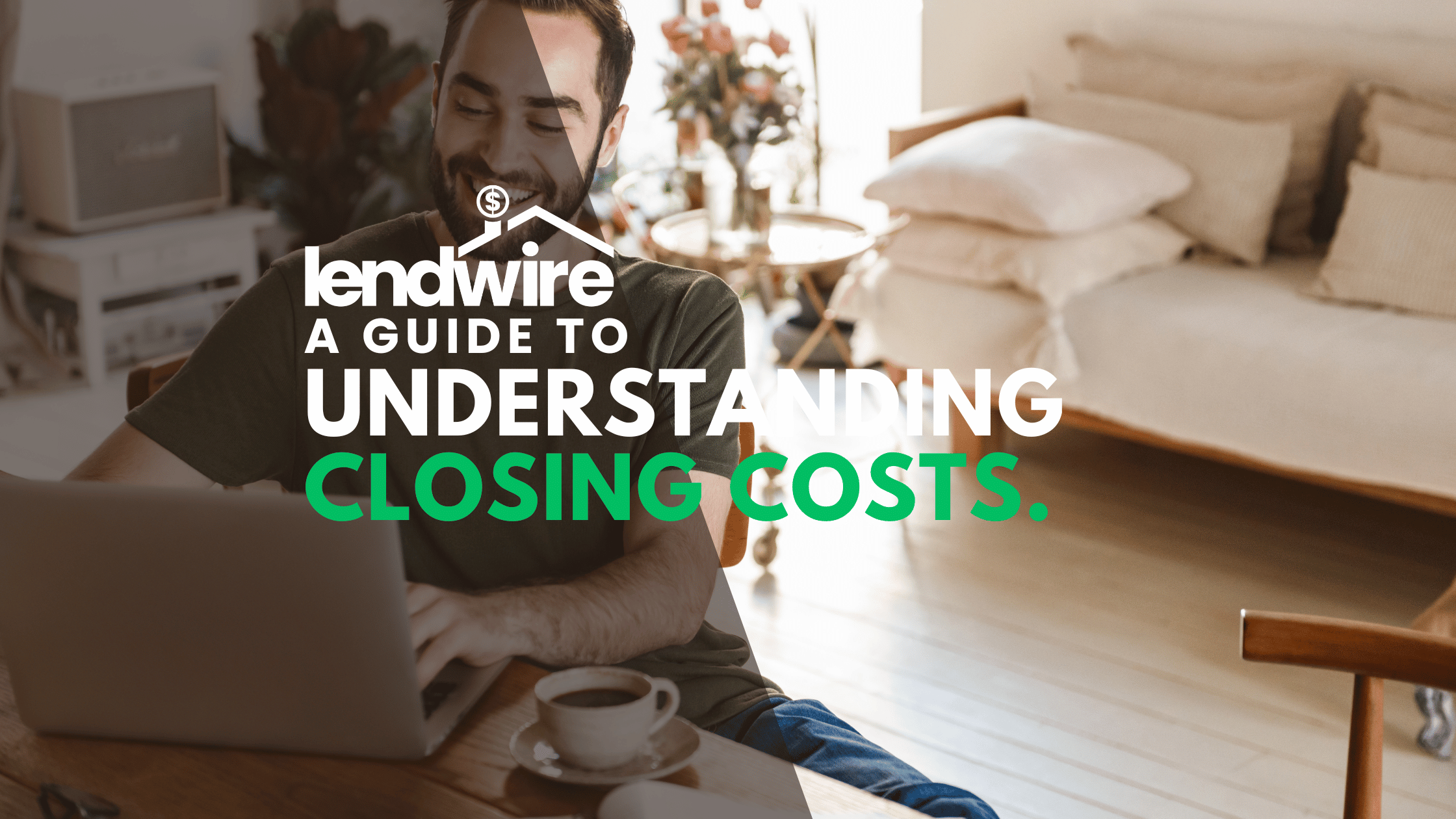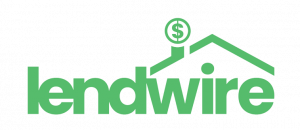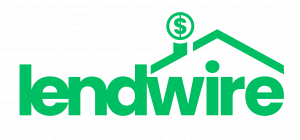Understanding Halal Mortgages: A Step Towards Financial Inclusivity for Muslims in Canada
In the recent federal budget, there was a notable mention of mortgage products aimed at Canadian Muslims, which has both members of the community and the mortgage providers that serve them celebrating. The budget indicated that the government is “exploring new measures to expand access” to financing methods such as “halal mortgages,” marking a significant step towards financial inclusivity for the Muslim community.
What are Halal Mortgages?
Several firms in various Canadian provinces offer halal mortgages. The term “halal” originates from Arabic and translates to “permitted” or “allowed” under Islamic law. Halal mortgages are structured to adhere to both Canadian law and the belief systems of many Muslims. In Islamic law, interest, referred to as “riba,” is forbidden. Halal mortgages, therefore, do not involve the payment or charging of interest.
Although interest isn’t charged, there are still costs associated with halal mortgages. In many cases, the costs are higher than those associated with conventional mortgages, and the mortgages are often not available at the branches of mainstream financial institutions. The lack of established legal definitions for a halal mortgage in Canada is behind the higher costs.
Announcement Boosts Credibility
The recent mention of halal mortgages in the federal budget has generated significant optimism within the community. Even without specific details, the announcement is viewed as a welcome addition, promising a way to increase access to a financial product that the community needs.
“I’m already seeing traction in our favour,” said Zuhair Naqvi, the founder and CEO of Eqraz Inc., an Islamic mortgage provider based in Oakville, Ont. The mention in high-profile federal policies leads to credibility. “It allows me to go to the banks and the lenders and powers that be and tell them, ‘Look, guys, the government is supporting this, so please don’t be worried or anxious about participating in this.'”
Mortgage providers who have worked with Eqraz echo his sentiment. “With the federal government coming in, this really encourages myself and excites me. And my phone is ringing off the hook,” said Naveed Malik, a mortgage agent with Dominion Lending Centres.
Equal Access and Financial Inclusion
This initiative is not about elevating Islamic mortgages above non-religious financial products or those that target members of other faiths.
“Halal mortgages do not provide a privilege to us,” Naqvi said. He emphasized that it’s about “being equal to non-Muslims.” It’s a step towards financial inclusion and equality.
Fewer Providers, Higher Costs
Currently, the cost of halal mortgages is estimated to be about four per cent higher than a conventional mortgage. This is due to several factors. Islamic mortgage companies have previously speculated that with wider availability, costs could drop as more providers compete for business, and risk is lessened with a wider pool of lenders.
Many of the discrepancies in cost are due to what Islamic finance experts and industry players say are not just legal differences but basic structural anomalies in the mortgage.
Some types of arrangements more closely resemble a “rent-to-own” system, where the mortgage provider is also an owner of the home. There are also some agreements where fees are charged instead of standard interest payments.
However, the lack of legal definitions specific to the interest-free nature of Islamic mortgages has often meant many mortgage insurance providers do not insure them — in particular because each halal provider may structure their mortgage differently, and uninsured mortgages can sometimes be more expensive.
Although Lendwire currently doesn’t offer halal mortgages, it’s an area that will continue to be explored, ensuring financial inclusivity and opportunities for all Canadians.







